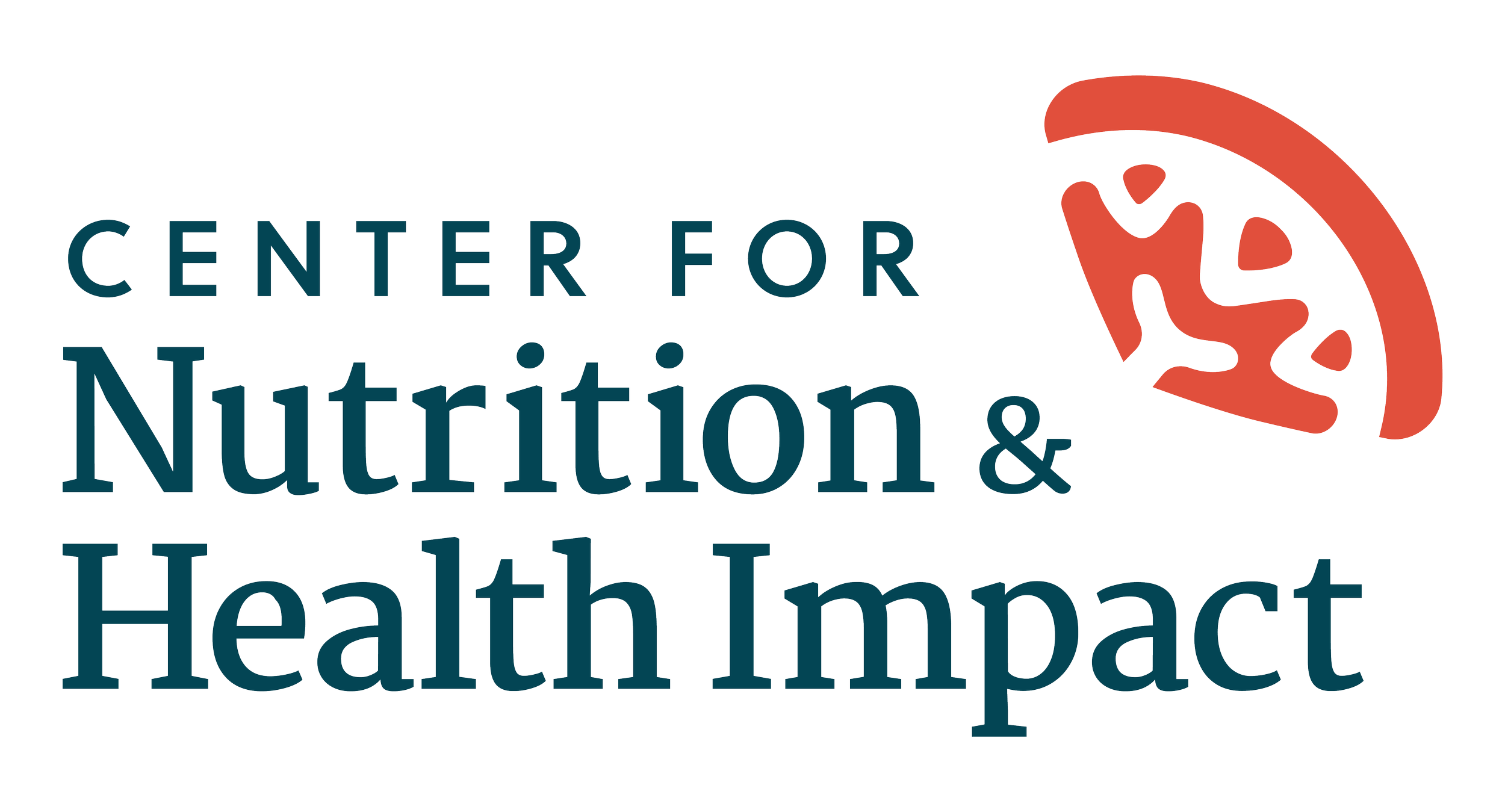Addressing food access barriers in the LGBTQIA+ community
California nonprofit connects LGBTQIA+ clients with more than nutritious food
------- + -------
At the height of the COVID-19 pandemic in 2020, volunteers went door-to-door in the San Francisco Bay Area, checking on community members and delivering food to those sheltering in place. In 1985, Ruth Brinker was responding to a different pandemic: the growing number of men with AIDS in her neighborhood who were isolated and becoming malnourished.
Brinker, a grandmother and retired food service worker, carried bags of food to men battling AIDS in her San Francisco neighborhood. Her commitment to caring for the malnourished with "meals of love" was the vision for Project Open Hand and continues to guide the organization nearly 40 years later.
"We are such a part of the community and don't take that lightly," said Ana Ayala, vice president of programs at Project Open Hand. "Our mission continues to be as important today as it was then: to nourish individuals and determine what the health disparities are and evolve to what people need."
Today, 16 percent of those accessing emergency nutrition services at Project Open Hand identify as LGBTQIA+, three times the rate of non- LGBTQIA+ participants. Additionally, 42 percent of their clients identify as LGBTQIA+ and are typically battling serious illness, seclusion or health challenges related to aging. The expanding organization serves 2,500 nutritious meals and provides 200 bags of healthy groceries every day at 12 regional locations spanning north to Sacramento.
Clients, volunteers and community partners are the heartbeat of the organization, allowing it to become a staple and provide hope for so many.
iLhan Sadri has been volunteering for a shift each week as a grocery shopper for 26 years. Before that, he was a Project Open Hand client. He draws on years as a bartender to connect with his clients, engages them with friendly chit-chat and sees a previous version of himself in them.
"I was a hopeless alcoholic, the kind you would see on the street as a disaster or pathetic. I hated myself," Sadri reflected. Today, he is sober and cherishes the relationships he's built, even improving his Spanish and Cantonese language skills by practicing with his clients. He's committed to providing a caring, empathetic approach to his work and encouraging people never to give up.
The cost of food and issues with sobriety are potential barriers to nutritious food access for those in the LGBTQIA+ communities. Many, if not most, clients who use drugs at Project Open Hand—regardless of gender identity or sexual orientation—are not "organized" enough to prepare healthful meals, he said. Having to prepare and cook a sweet potato versus peeling and eating a banana on the spot "isn't gonna happen."
A variety of factors affect the disparity in numbers of LGBTQIA+ individuals seeking food assistance: employment and stigma, wage disparity and housing discrimination are destabilizing factors that affect affording necessities, Ayala said. It's why Project Open Hand is fiercely committed to trauma-informed and wrap-around services that address brain health, stress, sleep hygiene and social connection.
"We think about what data we need, and how we can both speak to and learn from our community," said Erika Tribett, manager of program design. "This will inform our program design and the appropriate interventions that will best support the health of our clients."
Project Open Hand was a 2022 Gus Schumacher Nutrition Incentive Program (GusNIP) grantee, receiving $500,000 to provide culturally appropriate and medically tailored meals through produce prescriptions. They are also a founding partner of the Food Is Medicine Coalition (FIMC), a volunteer association of nonprofit, medically tailored and nutrition services practitioners from across the country.
"We don't focus just on the food aspect, we work with individuals to engage them in other ways and then expand that aspect of our services," Ayala said. "We want to be a warm hand-off to others who can support because we realize nutrition alone isn't the only aspect of one's wellness and needs."
Part of their GusNIP grant also allowed Project Open Hand to create and grow partnerships with local BIPOC- and women-owned farms and plug them into local aggregators for more exposure. They also capitalize on California's growing seasons that provide participants with nutritious regional food like berries, herbs, green leafy vegetables and avocados.
But staff and volunteers at Project Open Hand recognize support goes way beyond food and agree that addressing underlying and systemic barriers is key.
"They're coming to us as trusted providers for many years," Tribett said. "We have networks and partnerships. It's our responsibility to build that into all our programs."

